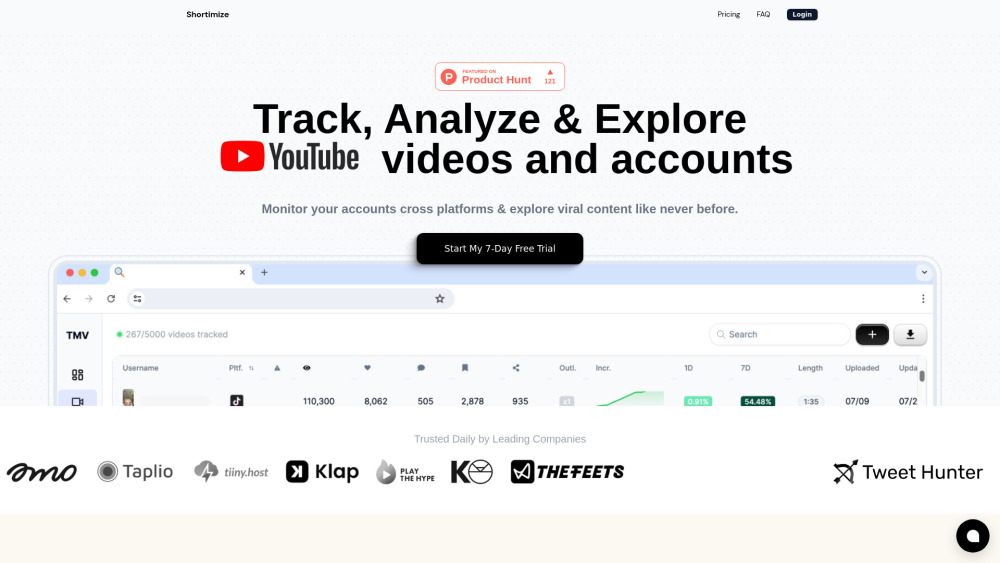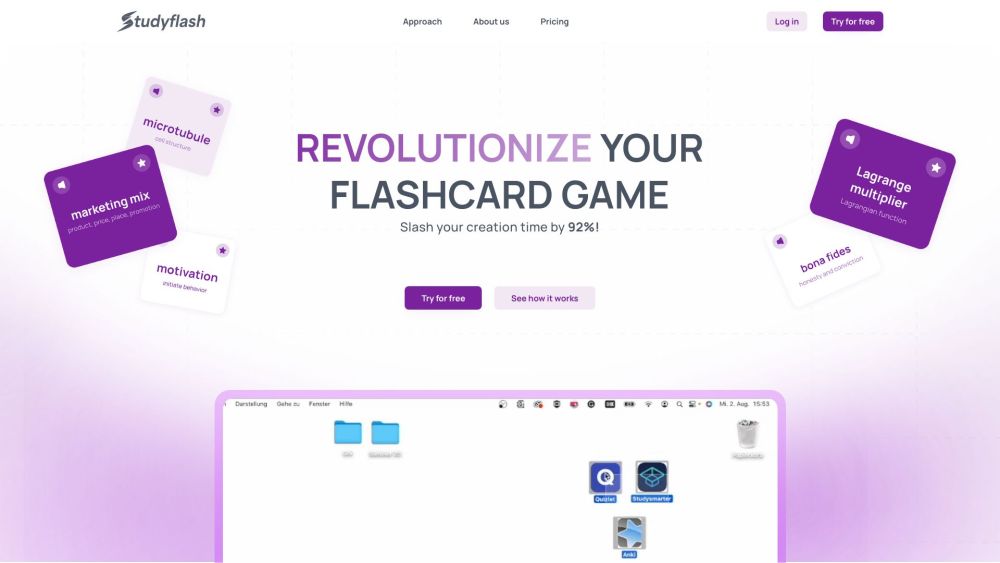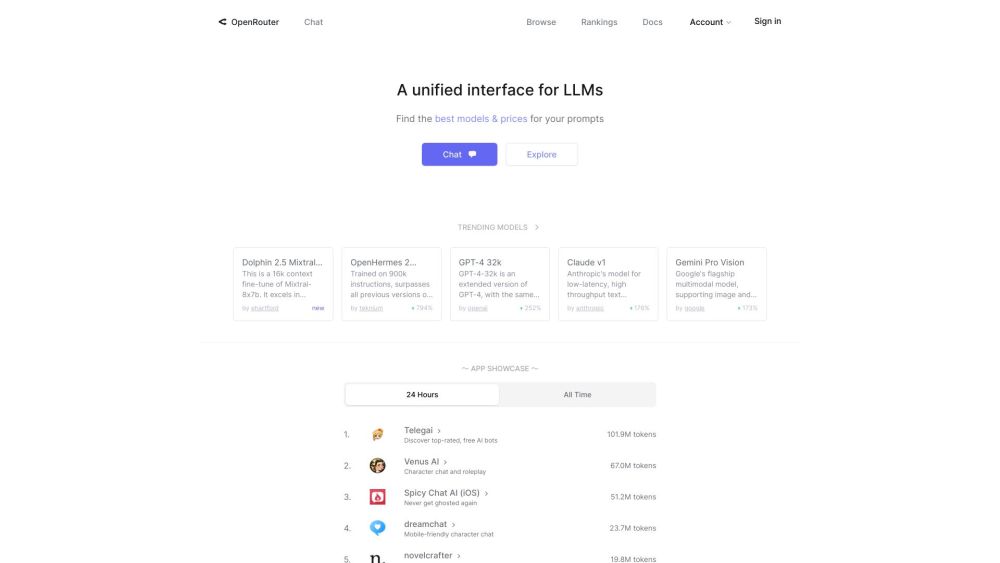GPT-5, the upcoming large language model (LLM) from OpenAI, is expected to be released in the coming months, according to sources familiar with the situation. Reports suggest that OpenAI may be targeting a summer launch. Currently, the company is sharing demos of GPT-5, along with updates for the ChatGPT chatbot, with select enterprise customers for testing.
One CEO who experienced a GPT-5 demonstration tailored to his company expressed significant enthusiasm, stating that the advancements are “really good, like materially better.” The internal presentations from OpenAI have also highlighted new features of GPT-5, including an AI agent capable of autonomously executing tasks without human oversight.
As enterprise partners conduct their internal tests, it is important to note that OpenAI is still in the process of training this new model. This training phase will play a critical role in determining the release schedule, as the model must undergo safety evaluations, including a rigorous red teaming process. This cybersecurity measure involves OpenAI employees and external experts probing for vulnerabilities by simulating malicious attacks.
Given this extensive preparation, OpenAI has not committed to a specific release date for GPT-5, and various timelines are still speculative. The last official communication regarding GPT-5 from OpenAI was in April 2023, when it was indicated that there were "no plans" for immediate training. A month following the GPT-4 launch, CEO Sam Altman dismissed circulating rumors about GPT-5 as "silly." Additionally, speculation persisted about a possible incremental version, GPT-4.5, throughout late 2023.
However, recent reports have suggested that training for GPT-5 may have been completed earlier in 2023, with a launch anticipated sometime in 2024. This new model is likely to cater primarily to OpenAI’s enterprise customers, who contribute significantly to the company's revenue. With GPT-5's launch, OpenAI could implement a tiered system similar to Google’s Gemini LLM tiers, where different versions would cater to varying needs and customers. Currently, the GPT-4 and GPT-4 Turbo models power the ChatGPT Plus subscription service, while the original GPT-3.5 model continues to support the free-to-use ChatGPT.
Over the past year, users have expressed concerns regarding "laziness" and a perceived "dumbing down" of GPT-4, citing issues such as hallucinations, snappy responses, and query failures. Several explanations have been proposed for this behavior, including improvements in GPT-4's efficiency due to enhanced training or operational constraints due to limited GPU resources. Some industry observers have speculated that OpenAI may have been working on new, unreleased LLMs alongside existing models, putting additional strain on their systems.
In December 2023, discussions arose around potential LLMs dubbed GPT-4.5 and GPT-4.5 Turbo, sparked by leaked information about pricing structures and advanced multimodal capabilities. When asked on social media about the validity of these leaks, Altman simply responded, “Nah.”







